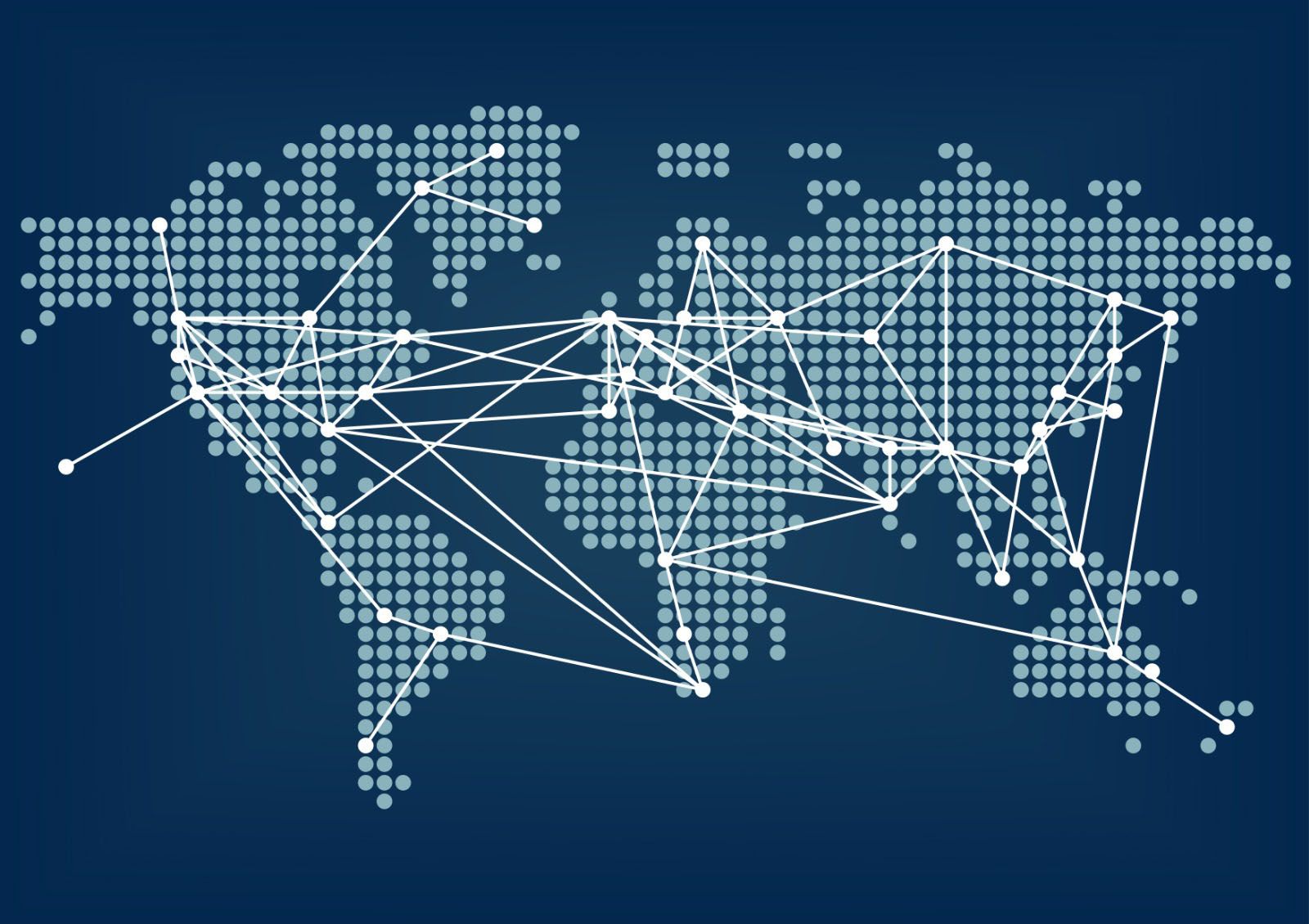
Why Ordinary People Are Turning to VPNs
Jul 14, 2021Originally published on Nov 10th 2019. Updated on July 14th, 2021.
In 1996, a Microsoft software engineer named Gurdeep Singh-Pall developed a peer-to-peer tunneling protocol (PPTP), which is widely considered the basis of what we now call virtual private networks (VPNs).
From the beginning, VPNs have been largely been utilized by three groups:
- Companies concerned with information security
- Users concerned about privacy
- People in countries where governments restricted access to information and communication
Two decades after the advent of PPTP, the reasons why we use VPNs essentially haven't changed. What has changed is the number of Internet users now utilizing VPNs. The number of VPN users is now climbing by tens of millions of people each year, and that number is projected to accelerate.
What's behind this acceleration? An increasing number of people are concerned about their online privacy as data harvesting becomes more intrusive, more complete. In the wake of the covid-19 pandemic, Internet use is more essential than ever to our everyday lives -- and so are the risks to privacy. While some governments have made efforts to safeguard their citizens' information with new laws such as GDPR and CCPA, more are moving to restrict the type of information that their citizens can access.
A decade ago, only a small percentage of Internet users were utilizing VPNs. Because of this, there was a sort of stigma---which still lingers today---around VPNs.
The desire for privacy Is normal, not suspicious
To some, particularly in the U.S., there's an idea that the desire for online privacy equates to a quest for anonymity in order to undertake illicit, nefarious activities. This narrative conjures images of the dark web.
But over the past few years, we've become aware of how pervasive online data capturing is. And at the same time, we've seen how our personal data can be sold or compromised by third parties. Because of that, people who just a short while ago were asking "Why would I need online privacy? I have nothing to hide," are now asking "How can I better protect myself?"
Consider something as seemingly benign as looking up symptoms for a medical condition online. 80% of Americans have searched health-related topics, most without a second thought. What could go wrong?

When you look up a medical symptom, like any other page you visit on the Internet, someone is capturing that data. The consequences of this could range from awkward---looking up a potentially embarrassing ailment only to have ads served back to you while in the company of others, too dangerous---once this data is sold in third-party apps, a buyer may be able to steal your medical identity.
For reasons like the above, many people---in nations where access to information and communication are relatively unhindered---are turning to VPNs simply for security and protection.
Access to information, communication, and entertainment isn't radical
Another narrative revolves around the idea that VPNs are the territory of radicals or militants. As more governments move to clamp down on communication and information, the notion of VPNs as simply a tool of activists or rebels fighting regimes has begun to shift. In reality, most VPN users do so to access entertainment, messaging apps, news websites, and social media.
In this way, we can see that the vast majority of people using VPNs around the world are simply doing so in order to use the Internet like anyone else. VPN usage isn't nearly as radical in this sense as a government trying to control every detail of information that its citizens can see. China recently provided a good example of what this means.
The Asian superpower's efforts to suppress information have accelerated in recent years. Its government has effectively blocked the flow of information on the treatment of Uighurs in Xinjiang, and its initial response to the outbreak of covid-19 in Wuhan was to attempt to bury the story. Most recently, the government in Beijing has curtailed speech and press freedoms in Hong Kong, exemplified by the recent shuttering of Apple Daily in the special administrative region.
And China is far from alone. Turkey has blocked all of Wikipedia since 2017 in the name of "national security." Iran consistently blocks articles it wants to hide from its citizens.
There's something darkly unsettling about regimes so authoritarian that they try to hide the history of their recent past, shoveling it like dust into a rubbish bin, in order to try and gain support and control of the populace. There's danger there, not only for the citizens of those countries, but for the rest of us hopeful of learning from past mistakes to create a better future as well.
As we've seen with Russian election meddling and widespread distrust of governments in the wake of the pandemic, your data may seem safe but the likelihood of it ending up in the hands of a regime who exploits you is increasing by the day.
VPNs may be the new normal
If you look at the list of nations with the highest percentage of VPN users, there's a direct correlation between that list and government interference with an open Internet. It's a desire for access to information, communications with family abroad, or entertainment that makes VPNs so popular in these nations.
And in countries where we can actually stream our favorite series from an app or access Wikipedia, VPN use is still climbing as a result of data privacy concerns.
As long as governments and corporations continue to attempt to control our online experiences, the percentage of people utilizing VPNs is only going to grow. The old tropes of online privacy and access being the territory of the radical and nefarious are giving way as the people in control of the Internet force us to think of how we can protect and enable ourselves online.
The real question for many of us, now, is simply how can we find a VPN that promises us security and privacy in the way that we deserve?
Download Orchid today to start exploring the Internet freely.
If you enjoyed this blog, subscribe here for privacy news, commentary, and product updates from Orchid.



